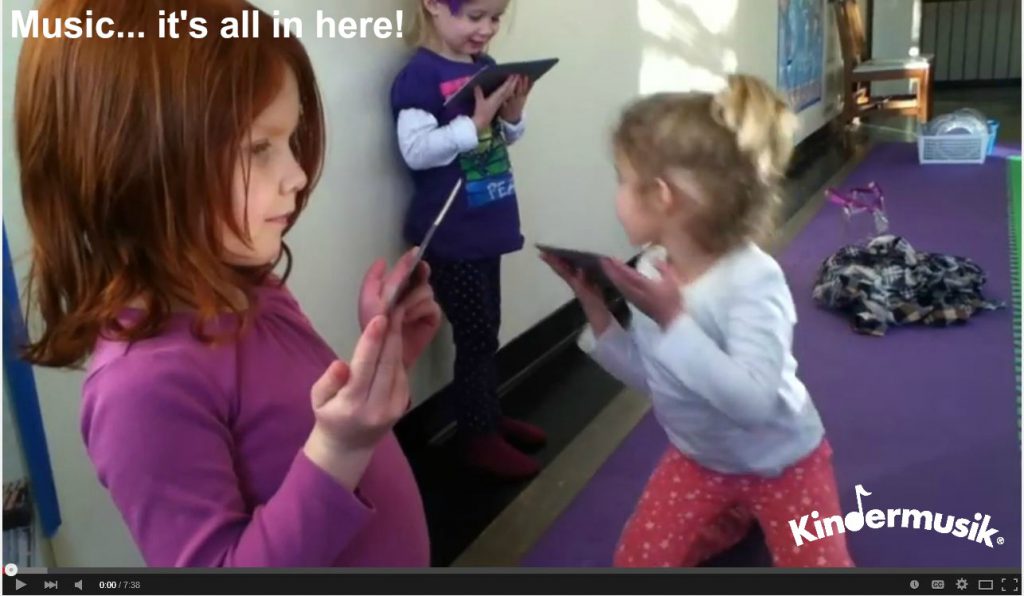Pew Research Center recently asked a national sample of adults which skills were most important for children to have in order to get ahead in today’s world. Out of the 10 skills from which they could choose, more respondents said communication skills were most important for success, followed by reading, math, and teamwork.
Much of the groundwork and preparation for successful development of these academic and life skills can be laid at a young age. So where can parents and teachers find that one early childhood experience that delivers on developing all of these vital skills from a very early age?
Music… It’s all in here!
Music teaches communication skills.
Learning to listen, singing back and forth, sharing non-verbal responses, creative movement responses to music, being part of an ensemble… all of these elements of communication are an integral part of music and music making. And all are heightened by the experience to be had only in a group music class.
Music enhances literacy skills.
Just as in reading, music symbols have meaning. You read music from left to right just as you read words from left to right. Music involves rhythm, syntax, vocabulary, and expression just as reading does. Music is a form of communication just like the written word. Music improves phonological and phonemic awareness. The list could go on.
Music promotes math skills.
Numbers, patterns, proportions, ratios, spatial reasoning… sounds like a highly sophisticated list of skills. But all are skills that are mastered by musicians and mathematicians alike. And all of these are introduced to one degree or another even in an early childhood music program like Kindermusik (studio program) or ABC Music & Me (school program).
Music facilitates teamwork.
This is especially evident in a music class, where children share, listen, take turns, and make music together. There’s something about music and a music class that encourages children to work together, cooperate, and problem-solve. Perhaps it’s because in music class, differences are leveled out and there’s one common experience – the joy of making music together.
Watch carefully and you’ll see a delightful example of the ways that even in one activity, music (specifically, Kindermusik!) can teach aspects communication, vocabulary (reading), math (spatial development), and teamwork.

Discover more about the rich benefits of music education with these free e-books.